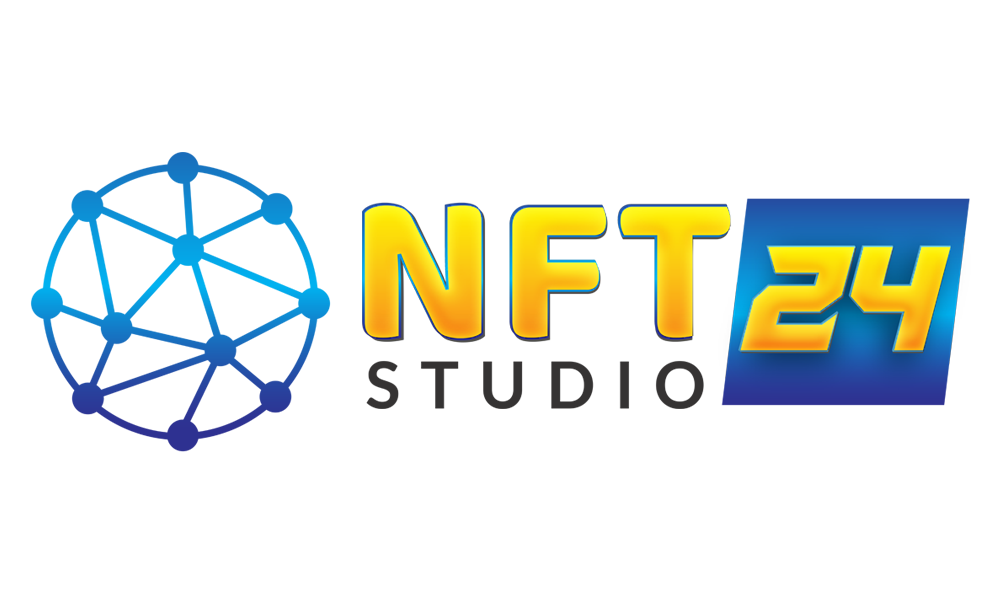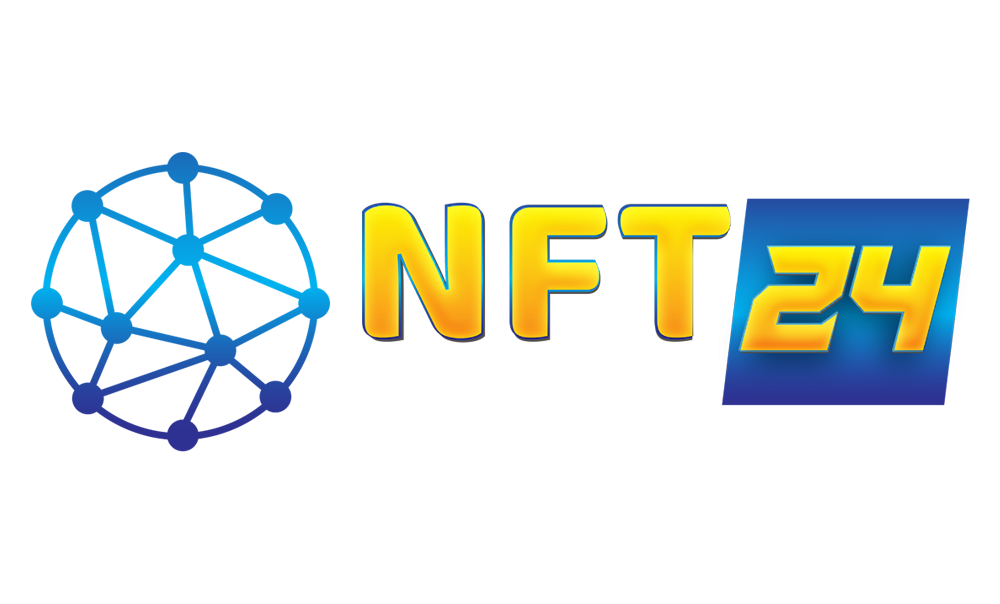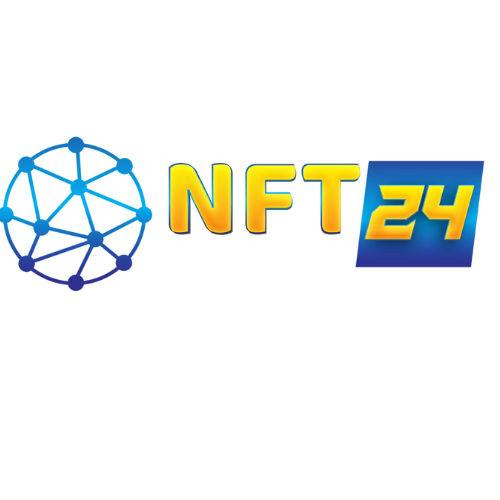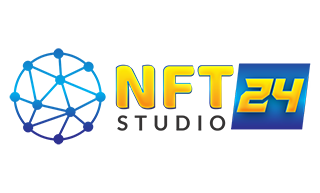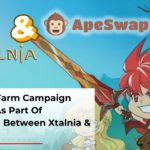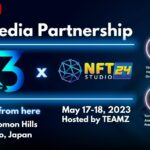NFTStudio24 interviews BGA experts Raphaël Benros, the Product Manager of Moonlit Games, and Or’el Sror, Co-founder of OviO, to talk about Web3 gaming, the importance of asset ownership, investor mindset, and predictions for 2023.
Before blockchain, traditional gaming only offered momentary ownership of assets that didn’t hold real-world value. People would spend hours trying to win valuable in-game assets only to lose them once the game was deleted or replayed.
If you’re playing a game, you deserve to own what you buy from the stores or win through rewards. Web3 introduces an innovative technology where users can have ownership over assets.
In this interview, both Raphaël and Or’el share that Web3 gaming has opened new possibilities for asset ownership along with interactive community building where everyone has the right to own something.
Traditional to Web3 Gaming with Moonlit Games
Raphaël shares his journey transitioning from traditional industry to Web3 gaming. He first came across blockchain technology in 2017. The idea of a fair economic system design where everyone could throw their perspectives in really grabbed his attention.
While exploring this emerging technology, Raphaël met various veterans that convinced this industry was perfect to pursue his career in.
Since he is a CSR consultant with a background in strategic management, Raphaël began working with Moonlit Games as a product manager.
He helped the company form a perfect creative team with a marketing team that delivers Moonlit Games’ unique gaming products to the world.
Recently, he has been working on the firm’s newly emerging game, Rogue Nation. It is a free-to-play Rogue-lite Action RPG game built using blockchain technology on mobile.
Raphaël shares his excitement about putting this revolutionary game out in the market. “It’s been a dream,” he said.
Bringing Web2 gamers to Web3: OviO’s ecosystem
Or’el introduces OviO as an emerging mobile gaming currency exchange that helps Web3 gaming studios to market their productions and allow gamers to trade in-game assets and coins.
The idea of building this company stems from the current issues. Or’el points out that mass adoption is being limited due to the technicalities of the blockchain. “Players don’t care if a game is built on Web3 or Web2, they just want to play fun games,” he says.
OviO is the solution to these issues through its comprehensive platform for all companies. “We take out the technology and make it seamless for traditional gamers to enjoy the fun games,” Or’el says.
In a world where Web3 gaming has become quite competitive, OviO simplifies the process of marketing and publishing it through its platform.
Making games “Fun” a priority
When discussing the challenges that exist in Web3 gaming during the interview, Raphaël points out the lack of fun games on the blockchain. Like him, many experts including Or’el, believe that Web3 adoption is limited because of this very reason.
As a consultant, Raphaël has always focused more on the playable aspect of games rather than money-making. “It’s always game first, then everything behind that later.”
He shares that a lot of gamers are wrong to see the playability of Web3 games, and developers should be focusing on a specific niche along with utilizing the elements of blockchain technology.
Moonlit Games with Rogue Nations has found a niche in the role-playing and rogue-lit Action genre to attract mid-core players through a mobile-first approach.
Since the biggest money-making players in traditional gaming are mobile games, the creator company also aims to adopt the same strategy for its Web3 game.
Web3 Education on Asset Ownership
Switching the topic towards asset ownership, Or’el shares that the internet has come far from a single-user interface to multiple users. However, the idea of ownership never existed.
Web3 emerges as a revolutionary technology that offers asset ownership to users. In the gaming world, the ultimate in-game asset ownership belongs to players.
Therefore, Or’el believes Web3 education should focus on bringing awareness about permanent ownership and its value.
Although gamers know what assets are, they don’t realize how blockchain expands the utility beyond just being playable.
People need to know that in Web3, you can seamlessly use a single asset in more than one game or re-sell it if you’re done using it.
“It’s exactly as you travel abroad. You exchange your currency for the country’s currency, use it, and then exchange it back to your own currency once you’re done,” Or’el explains.
Investor’s criteria for Web3 games
NFTStudio24 observes a decreasing rate of investment in Web3 during the bear market. Raphaël says the investors have become quite specific on what to pour their money in.
He shared that a lot of VCs and angel investors were putting money into Web3 gaming at the beginning of last year. Or’el also agreed with seeing many companies investing their funds into everything related to blockchain and Web3.
However, this completely flipped 6 months ago after the market crash.
According to Raphaël, the VCs are still interested and having conversations with gaming studios that are currently building in the space, instead, now the startups are bootstrapping, including Moonlit Games.
Investors are more focused on the longevity and authenticity of the game.
“What’s changed now is doing more checks into finding the right team,” he said.
Moonlit Games has successfully established a healthy relationship with investors, its community, and the overall market.
Or’el says this change is good for the industry because it cleaned out all the dirt from the ecosystem. When talking about the bear market crises, he says “this too shall pass and the strong will prevail.”
Addressing the issues of onboarding players in Web3
In a recent Blockchain Game Alliance survey, the results indicated the biggest challenge in today’s market is onboarding players to Web3 games. Raphaël and Or’el agree with these observations.
“There’s a contest between blockchains, infrastructures, and games to try to win the contest of which blockchain is the best. None of them actually tries to make the best game,” Or’el says.
He also shares that the industry also forgot to onboard the traditional games. He believes the Web3-based studios are more focused on how to increase the value of their tokens instead of users.
Therefore, his company, OviO, is trying to bridge this gap by connecting token-based games to traditional gamers.
On other hand, Raphaël shares that Moonlit Games didn’t take the token-based approach for Rogue Nation.
“We didn’t want that aspect to be part of something that might affect the player progression or the game design.”
Instead, the blockchain-based game added NFTs to its infrastructure for digital assets. Since players are already used to in-game assets, it is much easier to achieve adoption from the traditional side.
For Moonlit Games, the issues don’t lie in onboarding players, Raphaël states, but to integrate the major players such as Apple and Google to make games mobile-based to expand globally.
Use case: Web3 games on OviO
OviO offers Web3 game distribution, lightening the weight of marketing and promotion for small gaming studios.
Or’el says the platform tries to make games as seamless as possible. OviO wants developers to focus on making the game fun and let it handle all the onboarding of players.
Web3 Gaming 2023 Predictions
Raphaël shares that most gaming studios are excited about the interoperability this year. The idea that you can use an NFT asset in more than one game is being discussed in the space.
According to him, Web3 aims to make NFTs and communities seamless. A lot of metaverse platforms are focusing on this aspect.
On the other hand, if they’re focusing on playability, they’re motivated to build social hubs for users to visually represent their NFTs.
Raphaël predicts 2023 will focus on the interoperability of NFTs as many gaming studios and startups are currently building on this element.
Closing Message to aspiring builders
The interview wrapped up with both experts sharing their thoughts on the upcoming trends, the metaverse market, and AI ChatGPT.
Raphaël pointed out that the world is going to see massive adoption of Web3 in the next five years. He’s quite interested in seeing how the marketing side and the financial institutions promote blockchain in the long run as well.
Or’el is interested in seeing how ChatGPT will integrate with the metaverse. He believes it’s already a mind-blowing technology that could possibly revolutionize the current industries.
Both also shared inspiring messages to aspiring builders and creators in space:
Or’el:
“Just build for fun, build things you love and believe in. Everything is going to its place later on.”
Raphaël:
“Just remember every day that every act counts and does matter. The key to success is getting yourself to stand at the grassroots of whatever you’re going after if you’re building for fun. Whatever it is, get yourself to that point and things will hopefully come in place.”
